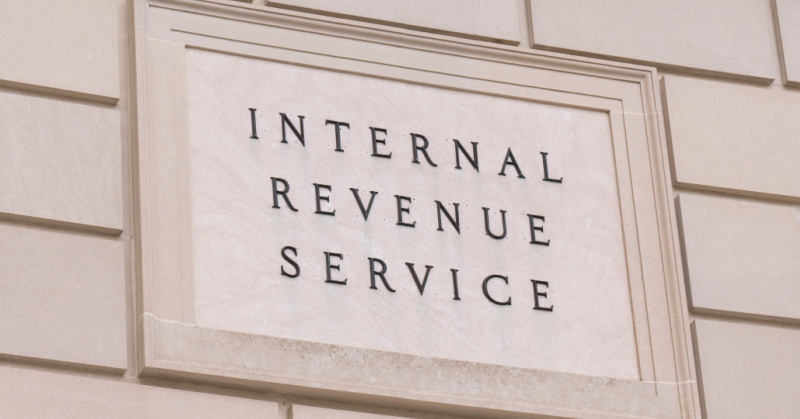(IR-2023-133, July 24, 2023) In an effort to elevate the safety of taxpayers and employees alike, the Internal Revenue Service (IRS) has announced that it has reversed a longstanding practice: unannounced visits to taxpayers by revenue officers. The move, effective immediately, will transition towards scheduling meetings via mailed letters, limiting surprise visits to exceptional circumstances.
The decision comes as part of a broader initiative to transform the IRS operations. This initiative aligns with the IRS's Strategic Operating Plan launched in April and follows the passage of the Inflation Reduction Act last year.
Shaping the Future of IRS Operations
IRS Commissioner Danny Werfel frames this move as part of a "fresh look at how the IRS operates". The goal is to boost confidence in tax administration work while ensuring safety for taxpayers and IRS employees alike.
The unannounced visits, historically performed by unarmed agency revenue officers, were intended to facilitate the collection of unpaid taxes and unfiled tax returns. However, these visits have faced growing criticism due to the confusion and safety concerns they often instigated.
"The safety of IRS employees is of paramount importance," stated Tony Reardon, National President of the National Treasury Employees Union (NTEU). Both the NTEU and IRS Field Collection employees, who have confronted perilous situations due to these visits, have commended this policy change.
Addressing Security Concerns
The growth of scams involving imposters posing as IRS agents has only exacerbated the confusion and safety risks surrounding home visits. Such fraudulent encounters have led to local law enforcement involvement, further complicating matters.
Simultaneously, these surprise visits carried inherent risks for the IRS revenue officers. In addition to confronting potential hazards, these officers dealt with the uncertainty of unanticipated reactions during their attempts to resolve tax issues.
This change aims to mitigate such risks for all parties involved. Commissioner Werfel states, "We have the tools we need to successfully collect revenue without adding stress with unannounced visits."
Looking Ahead: What Does This Mean for Taxpayers?
Going forward, taxpayers will receive appointment letters, known as 725-B, to schedule meetings with revenue officers. The goal is to provide taxpayers with adequate time to prepare necessary documents and information, facilitating quicker resolutions and reducing the need for repeated meetings.
However, it's important to note that in extremely limited circumstances, unannounced visits may still occur. These instances include serving summonses and subpoenas and enforcing the seizure of assets at risk of being beyond the government's reach. Despite this caveat, these situations represent a tiny fraction compared to the tens of thousands of surprise visits that took place annually under the old policy.
Enhancing Efficiency and Fairness in Tax Compliance
The discontinuation of surprise visits is a step towards the ongoing evolution of tax administration work. With funding secured from the Inflation Reduction Act, the IRS plans to increase staffing for compliance work, focusing on taxpayers with high-income tax issues. Furthermore, enhanced analytics will assist IRS compliance efforts to concentrate on severe tax matters.
This transformational move underscores the IRS's commitment to improving taxpayer service, enhancing fairness in tax compliance, and modernizing technology. The updates will appear on IRS.gov and internal guidance in the months ahead. Taxpayers with outstanding tax bills are reminded that several options are available to assist them with their balance due.
In an era fraught with scams and misinformation, this policy change should be welcomed as a significant step towards increased safety and efficiency in tax administration, benefiting taxpayers and IRS employees alike.
.png?width=150&height=63&name=TWRlogo-regmark_blueblack%20(1).png)
.png)










Do you have questions about this article? Email us and let us know > info@woodard.com
Comments: